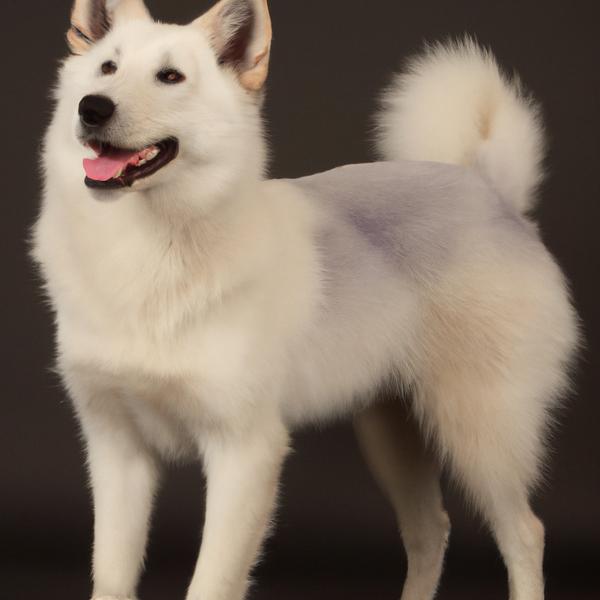Australian Eskimo vs. Transylvizsla Hound: Breed Differences and Similarities
Hypoallergenic
Are Australian Eskimos or Transylvizsla Hounds hypoallergenic, or neither?
Unfortunately, neither Australian Eskimo nor Transylvizsla Hound are hypoallergenic, which may not make them the best choice for dog lovers who suffer from pet allergies.
Temperament
What are the personalities of Australian Eskimo and Transylvizsla Hound dogs?
Active
Loving
Independent
Energetic
Protective
Alert
Intelligent
Friendly
Affectionate
Good-natured
Playful
Independent
Energetic
Protective
Courageous
Intelligent
Friendly
Affectionate
Loyal
Territorial
Lively
Gentle
Trainable
Companionable
Cheerful
Quiet
Determined
Easygoing
Willing
Good natured
Enduring
Evenly Tempered
Shedding Level
Do Australian Eskimos shed more than Transylvizsla Hounds, or which breed sheds more, Australian Eskimos or Transylvizsla Hounds?
Australian Eskimos are heavy shedders, but regular brushing can help manage shedding and promote a healthy coat.
Transylvizsla Hounds are moderate shedders, but regular brushing can reduce shedding and maintain coat health.
Origin
What is the origin of Australian Eskimo and Transylvizsla Hound dog breeds?
United States
Hungary
Ancestry
What are the origins of Australian Eskimo and Transylvizsla Hound breeds?
American Eskimo and Australian Shepherd
Vizsla and Transylvanian Hound
Date of Birth
When were Australian Eskimo and Transylvizsla Hound breeds first developed?
1990s
Unknown
Litter Size
What is the usual litter size for Australian Eskimo and Transylvizsla Hound?
An Australian Eskimo can have a litter of 4-6 puppies on average. However, it's worth noting that the size of the litters can vary greatly. Factors that can influence litter size include the health of the mother, breeding history, and genetics.
A Transylvizsla Hound can have a litter of 6-8 puppies on average. However, it's worth noting that the size of the litters can vary greatly. Factors that can influence litter size include the health of the mother, breeding history, and genetics.
Adaptability
Australian Eskimos are known for their adaptability and can adjust well to different environments and lifestyle changes.
Transylvizsla Hounds are highly adaptable and versatile, making them excellent companions for families and individuals of all lifestyles.
Health Issues
Between Australian Eskimo and Transylvizsla Hound, which breed is more prone to health problems?
While the Australian Eskimo breed is generally healthy, occasional vet check-ups are still necessary to address any health concerns.
Transylvizsla Hounds typically have low vet costs due to their good health, but it's important to monitor their health and seek vet care when necessary.
Major Concerns
What are the major health concerns for Australian Eskimo and Transylvizsla Hound breeds?
Patellar Luxation
Progressive Retinal Atrophy
Hip Dysplasia
Epilepsy
Addison's Disease
Hip And Elbow Dysplasia
Lymphoma
Tricuspid Valve Dysplasia
Minor Concerns
What minor health issues should be kept in mind when owning Australian Eskimo and Transylvizsla Hound?
Dental Disease
Entropion
Allergies
Progressive Retinal Atrophy (PRA)
Occasional Tests
What occasional tests are recommended for Australian Eskimo and Transylvizsla Hound breeds?
Hip And Eyes
X-Rays
Eye Examination
Dental Examination
Eye Examination
Skin Evaluation
Blood And Urine Analysis
Diagnostic Imaging
Cardiac Test
Social Needs
Australian Eskimo vs Transylvizsla Hound social needs comparison
Australian Eskimo has very high social needs and requires regular mental and physical stimulation, a job or purpose, and companionship.
Transylvizsla Hound has above average social needs and thrives with interaction with humans and other dogs.
Sleeping Need
Which of the two sleeps the most/least: Australian Eskimo or Transylvizsla Hound?
Australian Eskimos are active and require sufficient sleep to stay healthy.
Transylvizsla Hounds sleep less than other breeds but still need adequate sleep for good health.
Mouthiness
Mouthiness Comparison: Australian Eskimo vs Transylvizsla Hound?
Roaming urge
Australian Eskimo vs Labrador: Running away tendency?
Prey Drive
Australian Eskimo or Transylvizsla Hound - which breed has a higher level of prey drive?
Tolerance of being left alone
Grooming
Which breed is easier to maintain in terms of grooming, Australian Eskimos or Transylvizsla Hounds?
The Australian Eskimo requires an average amount of grooming compared to other breeds.
The Transylvizsla Hound has low grooming needs and is easy to maintain.
Sensitivity Level
How do Australian Eskimo and Transylvizsla Hound compare in sensitivity?
These dog breeds are particularly attuned to its environment and the emotions of those around it. Australian Eskimo and Transylvizsla Hound can be easily overwhelmed by loud noises, new environments, unfamiliar people, or animals. This dog breed is best suited for individuals or families who are patient, gentle, and understanding of its sensitive nature. It may also benefit from a calm and stable home environment, with a consistent routine and plenty of positive reinforcement training.
Apartment Friendly
Which breed is more apartment-friendly: Australian Eskimo or Transylvizsla Hound?
The Australian Eskimo is a great apartment dog, thriving with sufficient exercise and time outside as part of their daily routine.
Transylvizsla Hounds are good apartment dogs as long as they get enough exercise and stimulation outside of the apartment.
Child Friendly
Do Australian Eskimos or Transylvizsla Hounds have a friendlier temperament towards children?
Australian Eskimos make excellent family pets for kids due to their gentle, protective nature and calm temperament.
Transylvizsla Hounds are good with kids if socialized and trained from a young age.
Senior-friendly
Which dog is more suitable as a pet for the elderly - Australian Eskimo or Transylvizsla Hound?
Cat Friendly
Do Australian Eskimo or Transylvizsla Hound breeds have a better compatibility with cats?
Australian Eskimos and Transylvizsla Hounds are an average cat friendly dog. They do well with cats, even more if raised together from puppyhood.
Dog Friendly
Which breed is more sociable with other dogs: Australian Eskimo or Transylvizsla Hound?
Australian Eskimos and Transylvizsla Hounds are friendly, active and loyal companions. They generally love to be around other dogs, making them a good family pet for some.
Pet friendly
How do Australian Eskimo or Transylvizsla Hound dogs interact with other pets?
Stranger Friendly
Which breed is more friendly with strangers: Australian Eskimo or Transylvizsla Hound?
Australian Eskimos are quick to announce strangers and can be standoffish or suspicious.
Transylvizsla Hounds are friendly but may bark at strangers, and training is easy due to their intelligence.
Playfulness
Which breed is more playful between Australian Eskimo and Transylvizsla Hound?
Australian Eskimo and Transylvizsla Hound are known to be highly playful dogs. So if you're not up for all that, think about adopting slightly older Australian Eskimo and Transylvizsla Hound for a mellower experience.
Trainability
How do the trainability levels of Australian Eskimos and Transylvizsla Hounds compare?
The Australian Eskimo is highly intelligent and eager to please, making it a great choice for both novice and experienced dog owners due to its easy trainability.
Transylvizsla Hounds are popular for their ease of training and quick learning ability.
Compare Australian Eskimo with other breeds
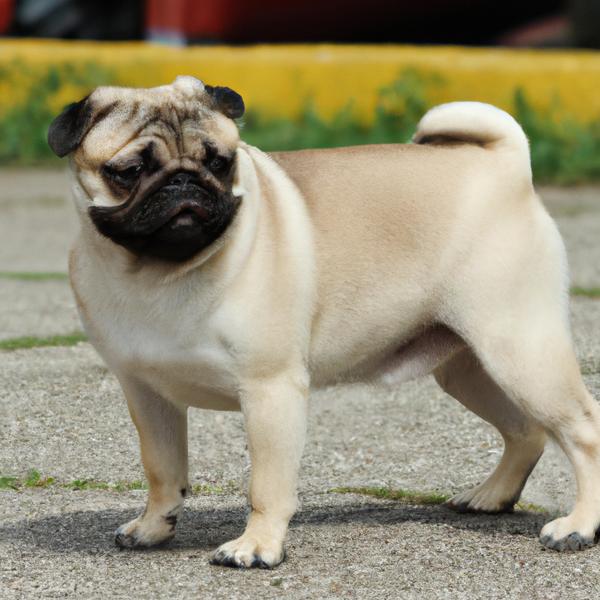
Pugland
Australian Eskimo vs Pugland
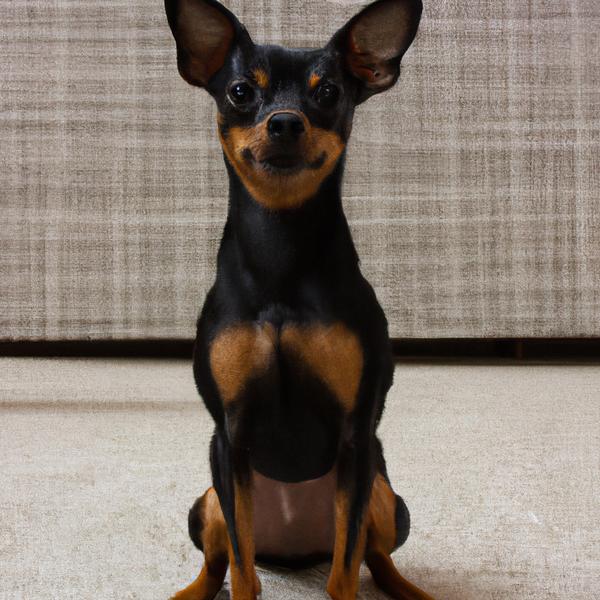
Mini Ratzer
Australian Eskimo vs Mini Ratzer
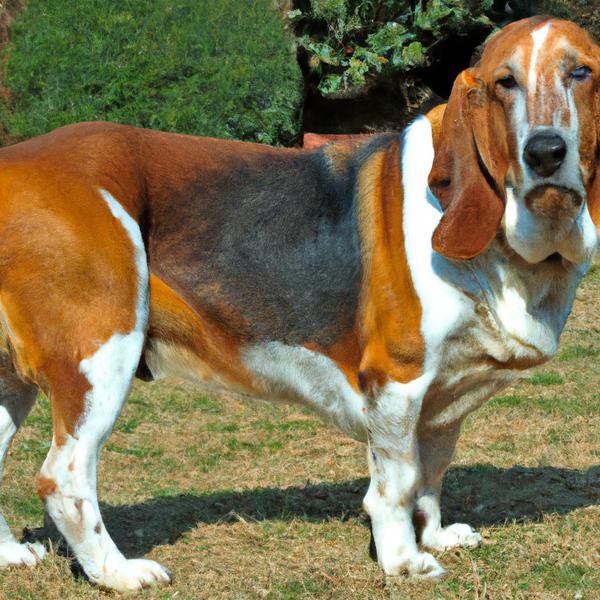
Basset Foxhound
Australian Eskimo vs Basset Foxhound
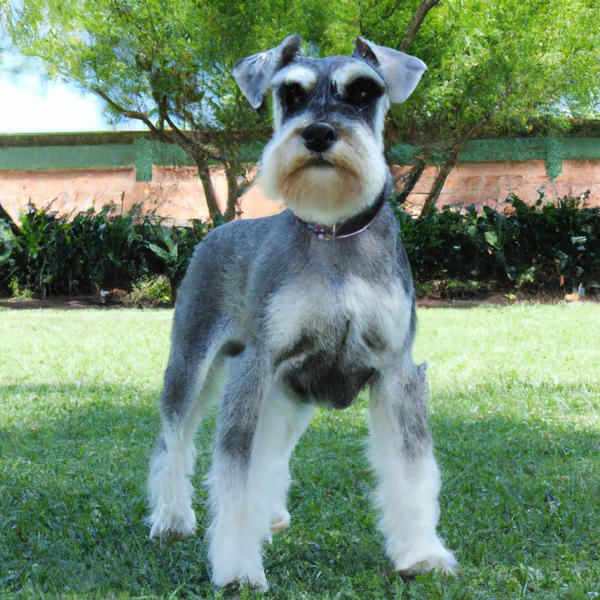
Miniature Schnauzer
Australian Eskimo vs Miniature Schnauzer
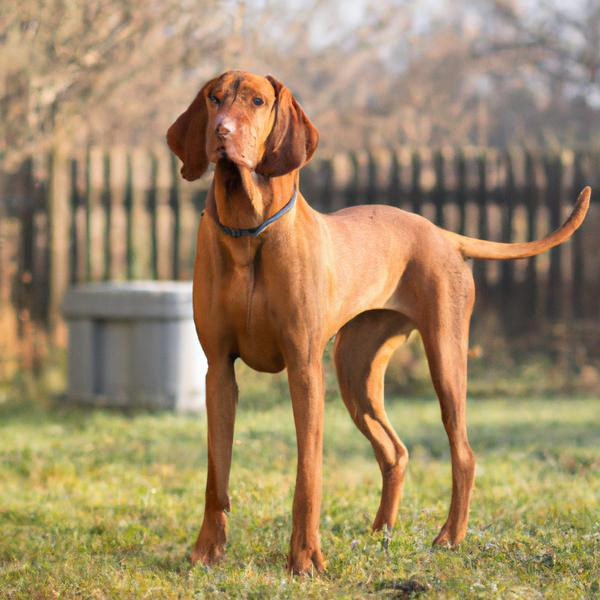
Transylvizsla Hound
Australian Eskimo vs Transylvizsla Hound
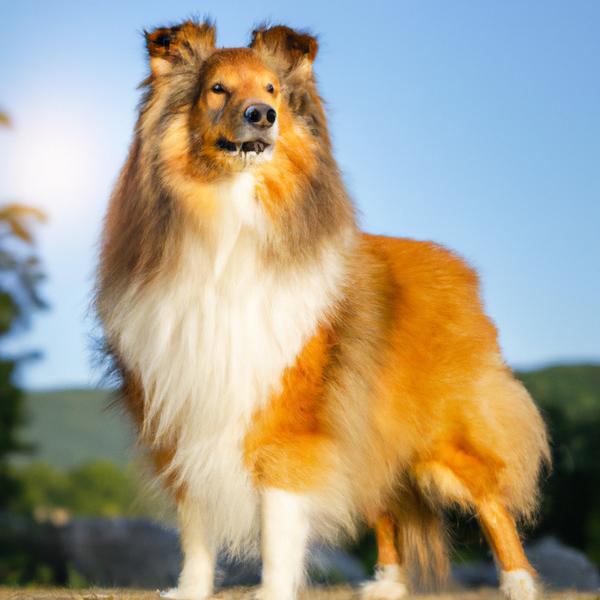
Golden Sheltie
Australian Eskimo vs Golden Sheltie
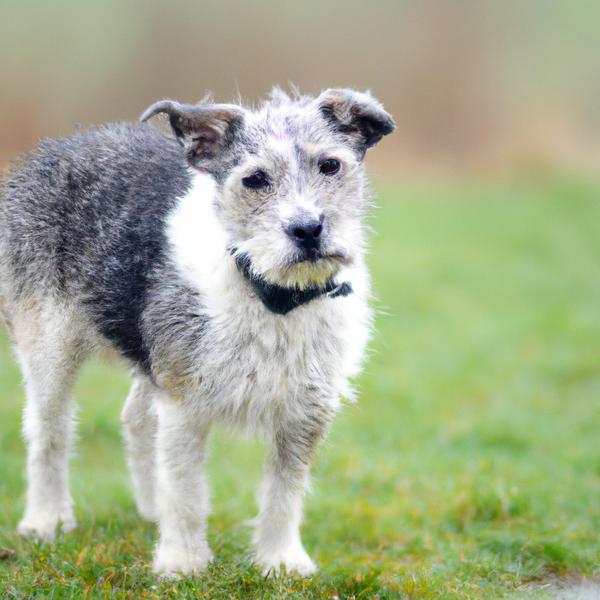
Scolden Terrier
Australian Eskimo vs Scolden Terrier
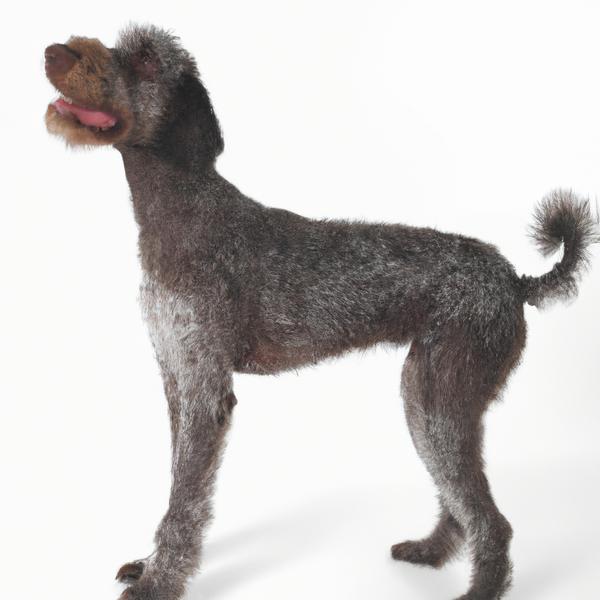
German Shorthaired Pointerpoodle
Australian Eskimo vs German Shorthaired Pointerpoodle
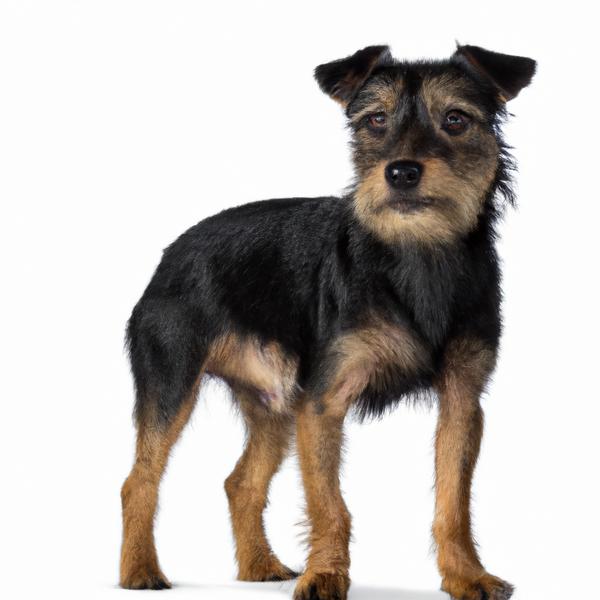
Ratshire Terrier
Australian Eskimo vs Ratshire Terrier
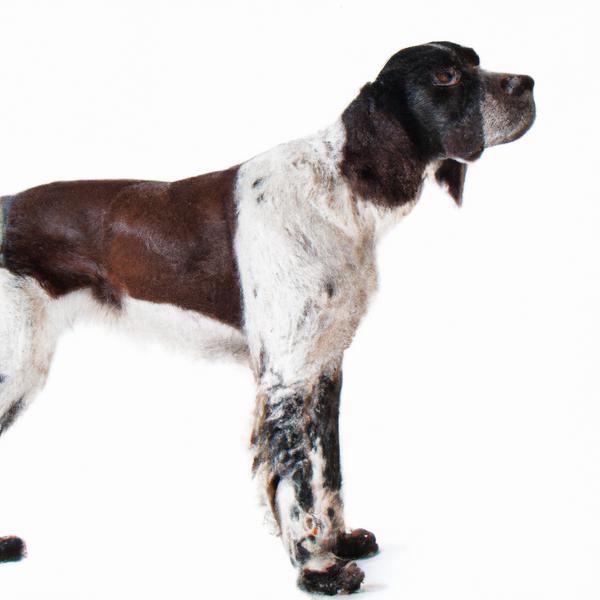
Spanador
Australian Eskimo vs Spanador
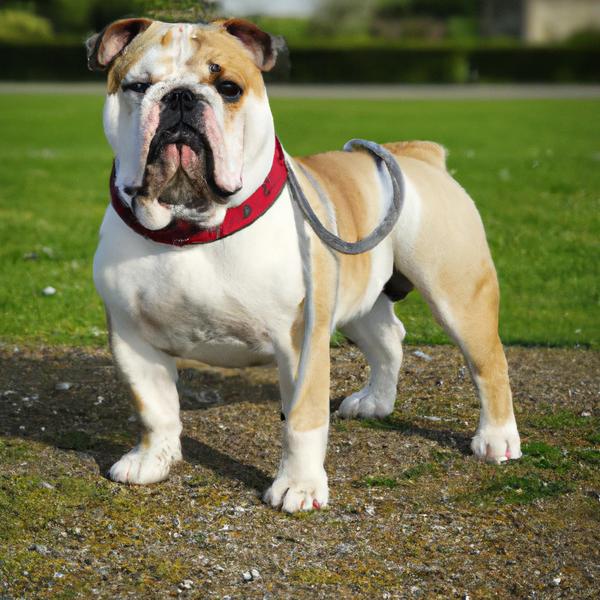
Bull Daniff
Australian Eskimo vs Bull Daniff
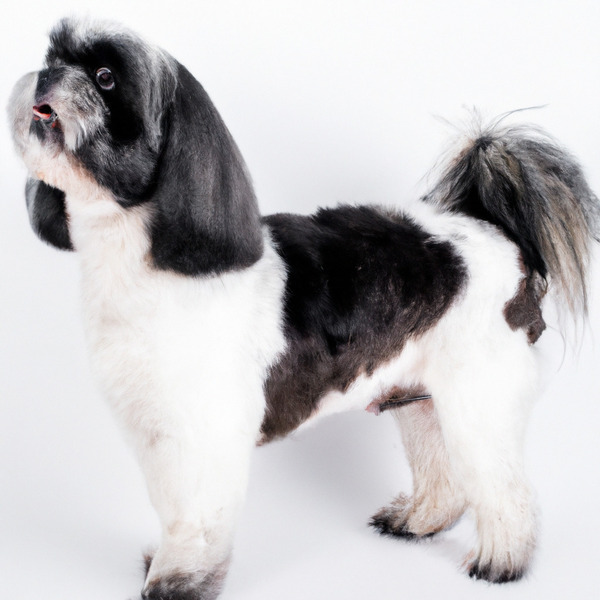
Chizer
Australian Eskimo vs Chizer
